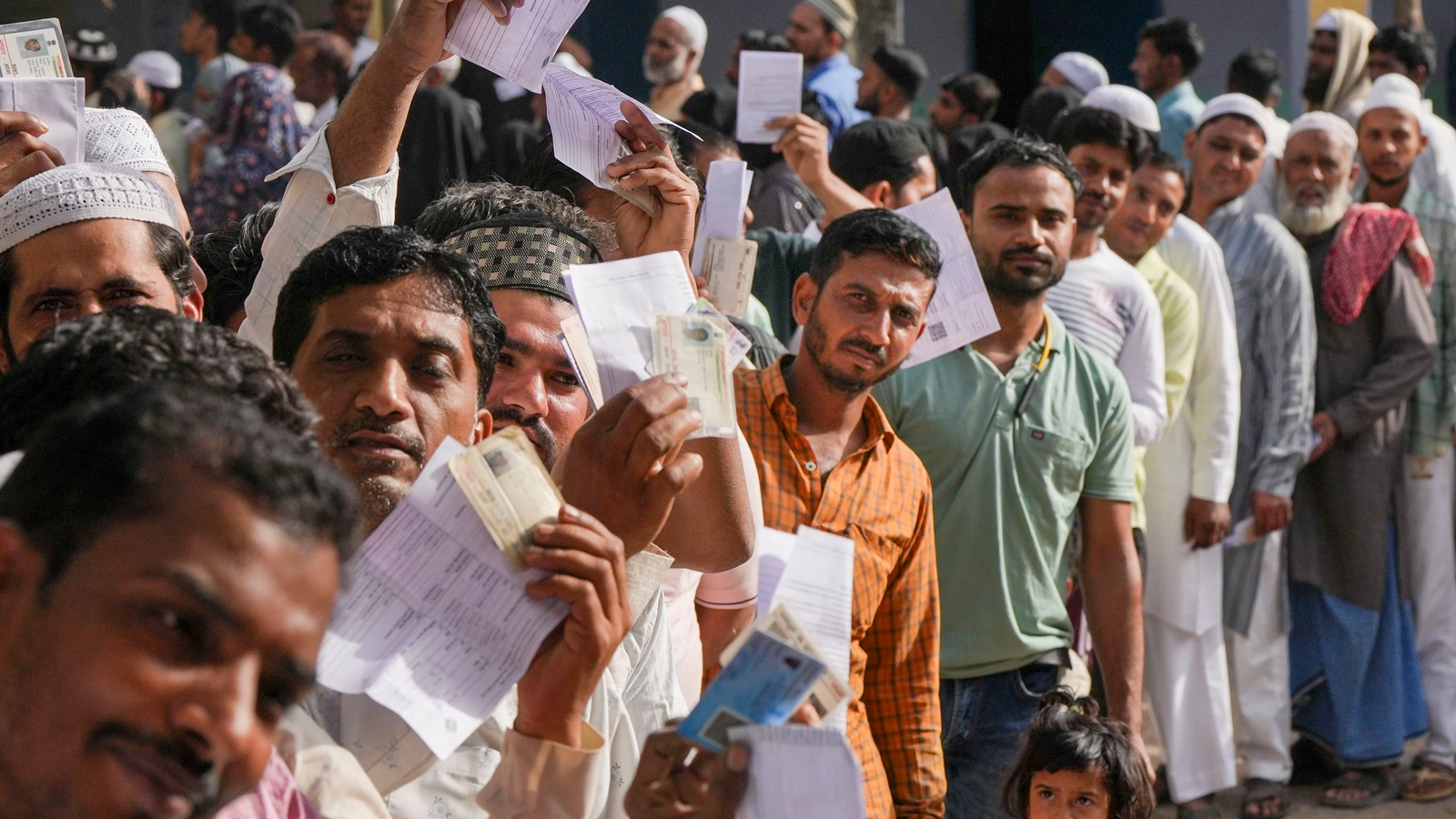Political Funding Transparency Bill Introduced A Step Toward Clean Politics
In a landmark development aimed at enhancing accountability and trust in the democratic process, the government has introduced the Political Funding Transparency Bill in Parliament this week. The bill seeks to reform the way political parties and candidates receive and report their funding, ushering in a new era of transparency that could significantly reduce the influence of undisclosed money in politics. With election campaigns becoming increasingly expensive and the public’s demand for ethical governance growing stronger, this legislation represents a critical step to strengthen democratic institutions.
The core feature of the bill mandates that all political parties disclose the identities of donors who contribute above a certain monetary threshold. Until now, many parties have relied heavily on anonymous donations, often through indirect channels, which have drawn criticism for enabling hidden influences over policymaking. By enforcing disclosure, the bill aims to shine a light on political financing sources, making it difficult for illicit or foreign money to sway electoral outcomes. Experts believe this move will promote greater accountability and reduce the incidence of corruption linked to opaque funding.
Furthermore, the bill introduces a requirement that all political donations be made through traceable, digital transactions, effectively phasing out cash contributions. Cash donations have historically been a challenge to monitor and regulate, frequently associated with money laundering and electoral malpractices. The shift to digital payment methods not only facilitates transparency but also ensures a verifiable audit trail that election commissions and watchdog bodies can scrutinize. This digitization will require political parties to adopt modern financial systems and could encourage more disciplined financial management.
To oversee and enforce these new rules, the bill proposes the establishment of an independent Political Funding Oversight Commission. This body will be tasked with auditing political accounts, investigating discrepancies, and imposing penalties for non compliance. Independence from political influence is emphasized to ensure that the commission acts impartially, maintaining public confidence in its ability to uphold fairness. It will also play a proactive role in educating political entities about compliance requirements, fostering a culture of transparency rather than mere obligation.
The bill has triggered diverse reactions across the political landscape. Opposition parties have largely welcomed the initiative, describing it as long overdue. They argue that without stringent checks on funding, the playing field remains tilted towards those with deep pockets, undermining democratic ideals. Many opposition leaders have called for the bill to include even stricter provisions, such as limits on corporate donations and tougher penalties for violations. On the other hand, some members of the ruling coalition have raised concerns about the feasibility of implementing strict digital transaction requirements in rural areas where internet access remains patchy. They advocate for phased implementation coupled with investments in digital infrastructure to bridge the gap.
Public opinion on the bill has been largely positive, with citizens expressing hope that it will curb corruption and restore faith in elections. Civil society groups and election watchdog organizations have applauded the government’s initiative but also urged continuous vigilance to ensure effective implementation. They stress that transparency in funding must be complemented by broader electoral reforms to address issues such as candidate selection, campaign expenditure limits, and voter education. Many see this bill as a foundation on which a more comprehensive democratic reform agenda can be built.
Despite the promise the bill holds, there are practical challenges ahead. Establishing the oversight commission with real autonomy will require careful legal structuring and political will. Ensuring compliance across thousands of political entities with varying resources and capacities will demand sustained monitoring and support. Furthermore, educating donors, party officials, and the public about new regulations will be critical to avoid confusion and unintentional breaches. The government will also need to invest in upgrading digital infrastructure nationwide to facilitate seamless transactions and reporting.
In conclusion, the introduction of the Political Funding Transparency Bill marks a pivotal moment in the country’s political evolution. By tackling the opaque funding channels that have long shadowed electoral processes, the bill promises to enhance the integrity and fairness of democratic competition. While challenges remain, if implemented earnestly, this legislation could significantly empower voters with knowledge about who funds their leaders and candidates, promoting a cleaner and more accountable political environment. The coming months will be critical as lawmakers debate the bill’s provisions and prepare for its rollout, which could set a new standard for democratic transparency.
Politics











